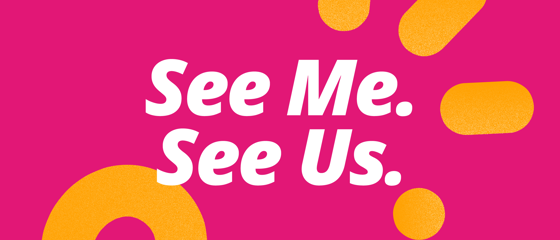
Stigma and Discrimination in Health and Social Care
Find out more about what stigma and discrimination looks like in health and social care, and how that impacts people.
Want to know more?
Understanding the impact of stigma and discrimination in health and social care.
Despite the strong and positive policy and action (nationally and locally) focusing on mental health, equality and human rights people who have mental health problems continue to experience inequality in a number of areas:
- In education
- In employment
- They experience poorer physical health
- Their life expectancy is shortened
- Their quality of life poorer overall.
The stigma and discrimination people face within public and private services, including within health and social care, directly contributes to this.
A substantial number of people continue to experience stigma and witness or experience unfair or different reactions because of their mental health. This can lead to people getting varying levels and types of support or treatment.
Sadly, people who have a diagnosis of severe and enduring mental illness experience the greatest stigma and discrimination.
Many people describe the stigma and discrimination they experience in services as worse than the diagnosis of a mental health problem. Many also report facing stigma and discrimination for more than one reason, if they experience a mental health problem and have another protected characteristic, for example are LGBTi , BME, in a certain age group, or have a sensory impairment or wider disability.
Some people also experience self stigma, where they can think they don't deserve help and support, or that their issues aren't serious enough or somehow their own fault.
This feeling isn't a choice, but comes about as a reaction to having experienced discrimination in health and social care before.
Stigma and discrimination in health care isn't always just as case of people being judgmental, or treating people unfairly out of choice, but because the system is set up in a way that causes stigma and discrimination. The norms, rules, policies and practices of institutions and services can unintentionally restrict the rights of, and opportunities for, people with mental health problems.
Find what you need
 Join See Us
Join See Us

Anyone can be part of the movement and help to tackle stigma and discrimination. You can do as little or as much as you're able to and it all makes a difference.
Find Out More

